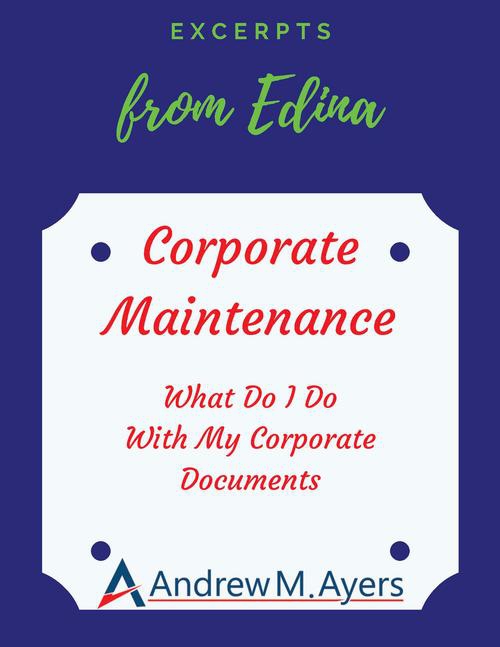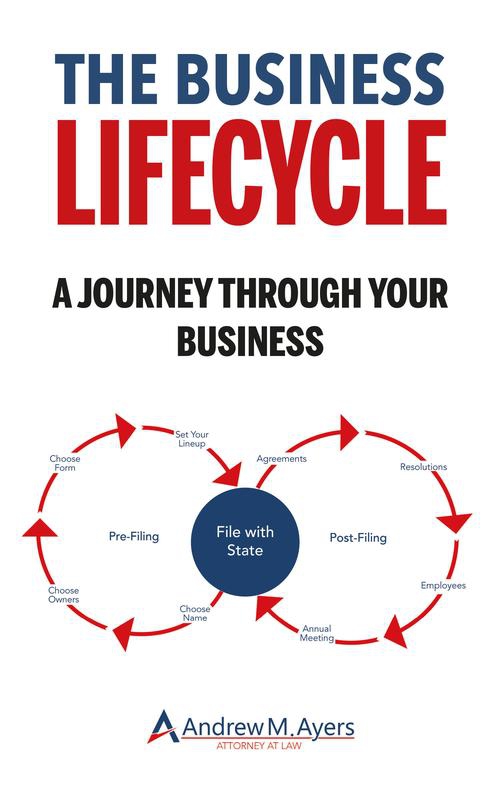 Think business law is a one-size-fits-all game? Guess again! Hollywood's portrayal can be as misleading as a pie in the sky. Every lawyer seems to know the answer to every question and is always impeccably dressed and ready to appear in front of a judge at a moment's notice. But in the real world, your business lawyer is a bit more focused than on the big screen.
Think business law is a one-size-fits-all game? Guess again! Hollywood's portrayal can be as misleading as a pie in the sky. Every lawyer seems to know the answer to every question and is always impeccably dressed and ready to appear in front of a judge at a moment's notice. But in the real world, your business lawyer is a bit more focused than on the big screen.
Take a moment and visualize your favorite store. You wouldn't expect to find all you need in just one aisle, would you? The same applies to business law. It's not a single, simple domain but a massive supermarket, with aisles stretching beyond your sight!
From labor and employment laws to intellectual property and courtroom representation, business lawyers operate in various terrains, just as different as the departments in a store. Remember that misleading siren song of websites claiming to solve all business law issues? A closer look reveals they aren't law firms at all!
If you have a business, its legal needs cannot be tied down to a single issue. Gauge your requirements and understand the areas your business intersects with the law.
What Do Business Lawyers Do?
Business lawyers generally fall into two categories: Transactional and Litigation. A transactional lawyer will help you with many of the legal issues that your business may confront. These are often things like
- Setting Up Your Business
- Drafting and Reviewing Documents
- Preparing the Company for a Merger or Acquisition
- Registering Intellectual Property (Patents, Copyrights, Trademarks)
A litigation attorney is an attorney who represents your business in lawsuits and goes to court for your business when necessary. These attorneys tend to be more high profile, you've seen them as caricatures on television shows and see them on the news fighting for their client against the government or in other cases that make the news media. These lawyers can assist you with things like
- Defending your Business in a lawsuit
- Suing Someone on Behalf of Your Company
- Representing the Company in a Dissolution Lawsuit
- Appealing Tax or Other Administrative Decisions
Why You Need a Business Lawyer
If you aren't sure if you need a business lawyer, the safest course is to meet with one and discuss it with them. While the prevailing image of a lawyer is that they will do whatever they can to talk you into hiring them, there are many of us out there who actually care for our clients. Often, I meet with clients who think they need an attorney and by the end of the meeting, we've crafted a plan for them to do some of the work themselves, the work that doesn't require an attorney. I find that most business owners will need an attorney at some point, but when they're in my office for the first meeting, they don't need one yet. So it makes more sense for them and their business to work on a plan before coming back and hiring me. This allows them to conserve their financial resources to use when a lawyer is truly needed.
One Important Thing You Need to Know: If your business has been sued, you need an attorney. This is a common mistake that I see when I represent my clients in court. It usually happens that the business owner shows up in court on behalf of their business and tries to "represent themself" as if it were a person being sued. Now, if that person is being sued individually, then they can represent themselves. But a company needs to be represented by an attorney, it can't just send an employee or owner to represent it. So, if you're business has been sued (or needs to sue someone), you need an attorney.
Can I Afford a Business Lawyer?
After getting the results they are seeking, the cost of a lawyer is usually the next biggest concern of prospective clients I meet with. Each attorney approaches billing in the way that makes the most sense for their law firm. The three most common methods of paying for an attorney are
- Hourly - You pay the attorney for the time they spend at a determined rate per hour. At the end of each month, you get a bill that shows the time they spent working on your matter and how much you owe.
- Flat Fees - You and the attorney agree on a price for certain services and you pay for each service at the rate you agreed.
- Contingent - You and the attorney agree that the attorney will receive a pre-determined portion of whatever they win for you.
Each of these types of billing arrangements has its pros and cons. Many of my clients prefer flat fees where possible because it provides an amount of certainty as to what your bill will be. Often though, you are stuck in a lawsuit and an hourly rate or a contingent fee makes more sense. Before you begin working with an attorney, you should discuss what the payment structure will be so that everyone agrees and has expectations for how payments will be made.
Do I Need a Business Attorney?
Now is a good time to get up to date on your LLC requirements, so if you'd like to discuss them further, let's schedule a Legal Strategy Session online or by calling my Edina, Minnesota office at (612) 294-6982 or my New York City office at (646) 847-3560. My office will be happy to find a convenient time for us to have a phone call to review the best options and next steps for you and your business.





